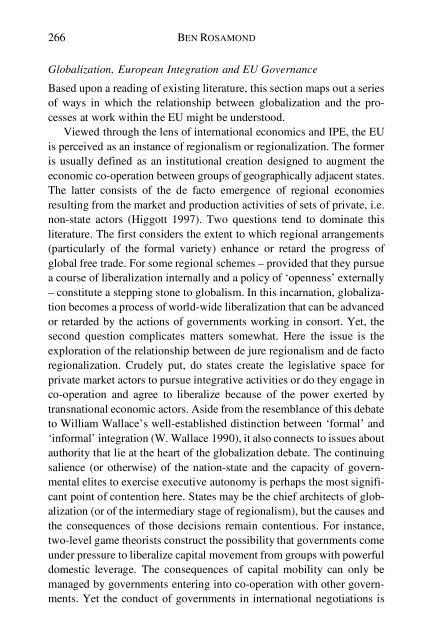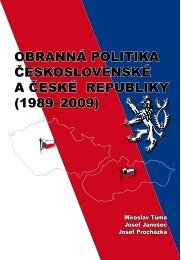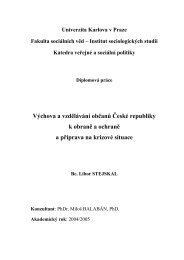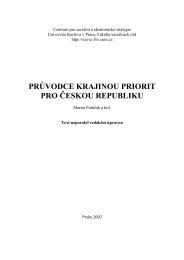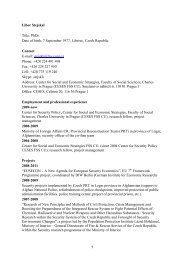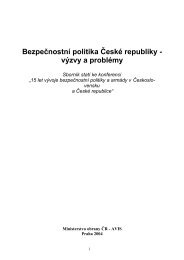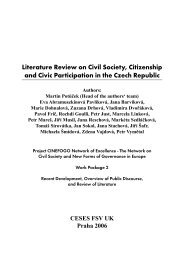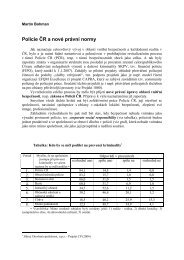Review Article: Globalization and Europeanization
Review Article: Globalization and Europeanization
Review Article: Globalization and Europeanization
You also want an ePaper? Increase the reach of your titles
YUMPU automatically turns print PDFs into web optimized ePapers that Google loves.
266 BEN ROSAMOND<br />
<strong>Globalization</strong>, European Integration <strong>and</strong> EU Governance<br />
Based upon a reading of existing literature, this section maps out a series<br />
of ways in which the relationship between globalization <strong>and</strong> the processes<br />
at work within the EU might be understood.<br />
Viewed through the lens of international economics <strong>and</strong> IPE, the EU<br />
is perceived as an instance of regionalism or regionalization. The former<br />
is usually defined as an institutional creation designed to augment the<br />
economic co-operation between groups of geographically adjacent states.<br />
The latter consists of the de facto emergence of regional economies<br />
resulting from the market <strong>and</strong> production activities of sets of private, i.e.<br />
non-state actors (Higgott 1997). Two questions tend to dominate this<br />
literature. The first considers the extent to which regional arrangements<br />
(particularly of the formal variety) enhance or retard the progress of<br />
global free trade. For some regional schemes – provided that they pursue<br />
a course of liberalization internally <strong>and</strong> a policy of ‘openness’ externally<br />
– constitute a stepping stone to globalism. In this incarnation, globalization<br />
becomes a process of world-wide liberalization that can be advanced<br />
or retarded by the actions of governments working in consort. Yet, the<br />
second question complicates matters somewhat. Here the issue is the<br />
exploration of the relationship between de jure regionalism <strong>and</strong> de facto<br />
regionalization. Crudely put, do states create the legislative space for<br />
private market actors to pursue integrative activities or do they engage in<br />
co-operation <strong>and</strong> agree to liberalize because of the power exerted by<br />
transnational economic actors. Aside from the resemblance of this debate<br />
to William Wallace’s well-established distinction between ‘formal’ <strong>and</strong><br />
‘informal’ integration (W. Wallace 1990), it also connects to issues about<br />
authority that lie at the heart of the globalization debate. The continuing<br />
salience (or otherwise) of the nation-state <strong>and</strong> the capacity of governmental<br />
elites to exercise executive autonomy is perhaps the most significant<br />
point of contention here. States may be the chief architects of globalization<br />
(or of the intermediary stage of regionalism), but the causes <strong>and</strong><br />
the consequences of those decisions remain contentious. For instance,<br />
two-level game theorists construct the possibility that governments come<br />
under pressure to liberalize capital movement from groups with powerful<br />
domestic leverage. The consequences of capital mobility can only be<br />
managed by governments entering into co-operation with other governments.<br />
Yet the conduct of governments in international negotiations is


